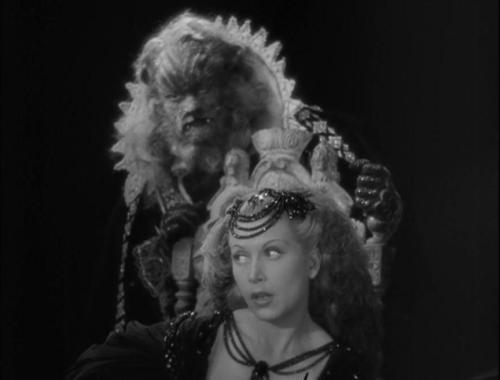
by Jon Warner
Note: This is a slight revision of Jon Warner’s western countdown review of the film posted last summer at WitD. It is unquestionably one of the author’s grandest essays and is again offered up here to readers.
There are westerns with greater size and scope (The Searchers). There are westerns that are more taut and suspenseful (High Noon). There are westerns that are more pure (Seven Men From Now) and filled with more psychological depth (The Naked Spur). But there is no other western that is as emotionally resonant as Shane. Weaving throughout its running time is a point of view of a young boy, perhaps not so dissimilar from young boys over the last 150 years or so, brought up first on dime novels and cheap western stories and then eventually silent films and the boom of Hollywood cinema, pushing a brand of western and selling a mythology that continued to further the daydreams of millions of youth across this nation. I too fall into that group. I can remember playing in the backyard with my brother when we were kids growing up in the 80’s. Inevitably we would end up playing cowboys and Indians or some sort of old west themed adventure, utilizing things we’d picked up in movies, tv, and books in order to build a repertoire of dialogue and action, that in our minds resembled some sort of reality, when in fact we were recalling a western mythology, and even though this mythology has basis in reality, it became larger than life through stories and lore that were told and retold generation upon generation. Shane is in fact a film about the mythology itself, taking an examination of our western hero worship and adding incredibly rich layers of emotion which remain remarkably effective in their ability to maintain an honest sweep, unchallenged by any other film in the genre, with everything seemingly put together to achieve a definitive emotional arc.
Taking Jack Shaeffer’s novel “Shane” from 1949 and improving it for the screen, was director George Stevens and screenwriter A.B. Guthrie Jr. The plot actually resembles stories of chivalrous knights in shining armor, roaming the countryside in search of people in need of help. Shane begins at this sort of moment, as a lone gunfighter rides down from the mountains into a valley, where a young boy named Joey Starrett (Brandon De Wilde) is watching him from his family’s farm. Shane meets Joey, and his parents, Joe (Van Heflin) and Marian (Jean Arthur), but before he can be properly welcomed, Joe mistakes him for being part of the Ryker gang, a group of bullies who happen to arrive to Joe’s claim moments later. They charge that the Starret’s land belongs to them. Joe nearly runs Shane off his land. But, Shane senses trouble, hanging around the back of the house as the Rykers catch a glimpse of the mysterious stranger and ride off. Joe realizes his mistake and invites Shane to stay for dinner, and soon asks Shane to stay on as hired help. From the word go, young Joey and Marian are in love with Shane: Joey, idolizing his gun and mannerisms and Marian showing off for Shane, bringing out her fanciest china for dessert and enlivening her femininity. It’s not long before Shane becomes a family favorite and entrenched in the local atmosphere, trading in his white buckskin and gun for farm clothes. This attempt at normalcy for him is continually threatened, as the Rykers to try to push Joe and all the other homesteaders off the land, finally resorting to hiring a cold-blooded gunman out of Cheyenne named Jack Wilson (Jack Palance) to do the dirty work. As one character remarks, “That’s the trouble with this country. There isn’t a lawman for 100 miles.” Joe is soon prodded to come to town one night to meet with Rufus Ryker (Emile Meyer), but Shane realizes this is a suicide mission for Joe and comes to grips with the fact that he’s the only one equipped to save the Starretts and the other families in the valley, strapping on his gun and white buckskin, heading into town for a final showdown with Wilson and the Rykers. (more…)
Read Full Post »
































 Click on names for archives
Writers/Founders
Click on names for archives
Writers/Founders